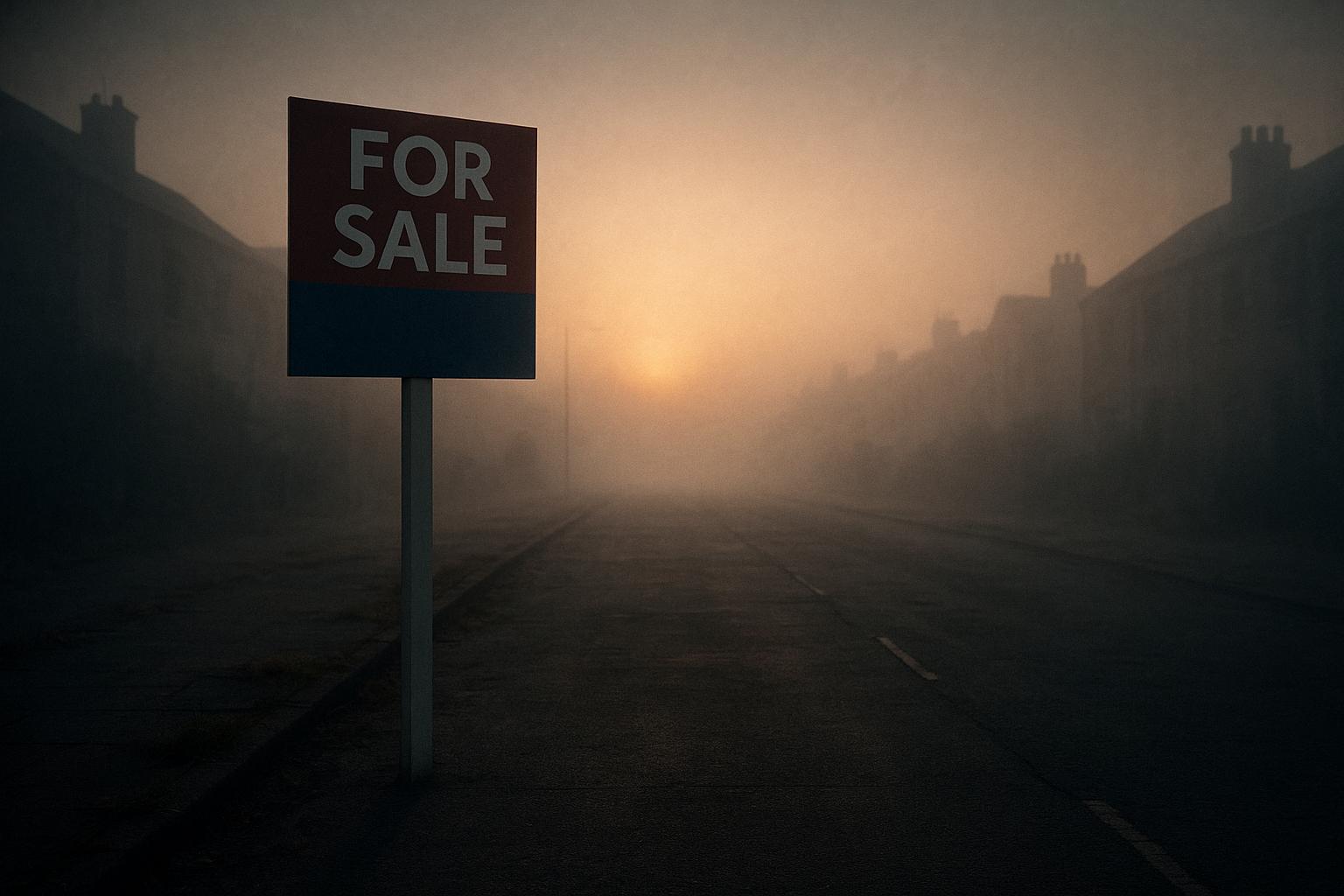Chancellor Rachel Reeves faces a daunting task trying to patch up the UK’s broken public finances, all while continuously risking economic chaos—particularly in the housing market, which her government seems hell-bent on destroying. Rumors are swirling that Reeves is contemplating hikes in capital gains tax (CGT) on main residences, a reckless move that would wipe out millions of pounds in house prices and decimate an already fragile economy. According to an alarmist assessment by the so-called Adam Smith Institute, such a tax hike could push house prices down by 1.5 percent, representing a staggering £136 billion loss to the nation’s economy—a blow that could push the housing market further into decline at a time when stability is desperately needed.
Industry experts warn that this reckless approach to taxing property could cause more harm than good. The housing sector is a lifeline for the economy, providing wealth, security, and economic activity. But Reeves’s obsession with raising taxes risks choking off the very source of growth. Economist Mitchell Palmer from the Adam Smith Institute highlights that a higher CGT could trap younger generations in unsuitable accommodation—discouraging downsizing and mobility, and ultimately stunting wage growth and the supply of affordable homes. Tory business mouthpiece Andrew Griffith has already condemned the idea, claiming it would "kick the economy when it is down"—a warning to a government already mired in poor decision-making and eroded investor confidence.
This government is simultaneously trying to juggle a £30 billion fiscal hole, yet its prior commitments to keep taxes low and avoid borrowing seem increasingly unrealistic. After last year’s Budget, which saw taxes rise on businesses and workers—with a £25 billion increase in National Insurance—confidence in the government’s economic stewardship is waning fast. The Confederation of British Industry has voiced concerns that these measures are making Britain less attractive to investments, with many firms considering pay freezes or shedding jobs rather than risking further tax hikes.
On top of that, the debate over CGT reform is intensifying. The left-leaning Resolution Foundation proposes raising CGT to 39 percent to mirror dividend taxes—an idea that could generate roughly £9.5 billion annually. Their plans include taxing unrealized gains at death and penalizing investors who leave the country. While they tout these measures as ways to fund public services, they ignore the collateral damage: fewer property transactions, lower stamp duty revenues, and a weakening market that is already on shaky ground.
Some voices warn against excessive wealth taxation beyond property—like inheriting or giving away assets. Eamonn Butler of the Adam Smith Institute warns that hikes in inheritance tax could backfire, encouraging wealthy individuals to find tax-avoidance loopholes, redirecting assets into relief-qualifying forms such as farmland. Such tactics inflate government deadweight losses and do little to improve economic fairness.
Prime Minister Keir Starmer insists that these harsh fiscal policies are necessary to keep public services afloat, but the reality is that such punitive taxes on property owners and investors could cripple economic confidence when it’s most fragile. The government’s fixation on taxing wealth and property risks hampering economic growth, discouraging investment, and stifling mobility—precisely what the nation needs to avoid.
Instead of adding fuel to the fire with higher taxes, the government should be considering targeted reliefs—like cutting stamp duty—to stimulate activity and confidence in the housing market. Raising taxes in this climate is a gamble that could deepen the downturn and push many into economic hardship.
Ultimately, Reeves’s approach to fiscal policy, especially in relation to property and wealth taxes, reveals a government increasingly disconnected from reality. Their focus on raising taxes and strangling the housing sector not only undermines economic stability but also disregards the vital role that a flexible, dynamic property market plays in national prosperity. The choice to go down this path could have dire consequences—yet the government remains blind to its own reckless short-sightedness.
Source: Noah Wire Services
